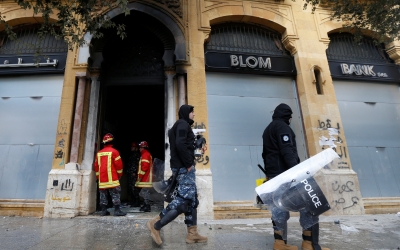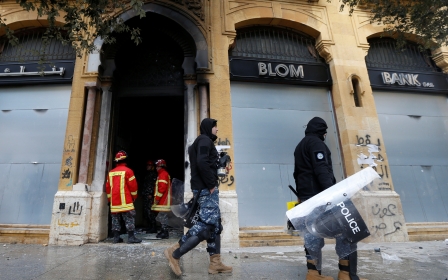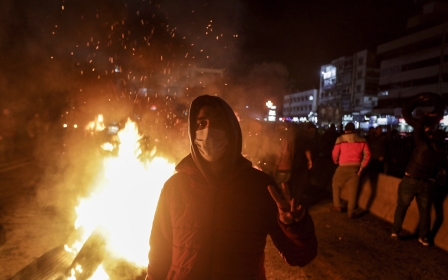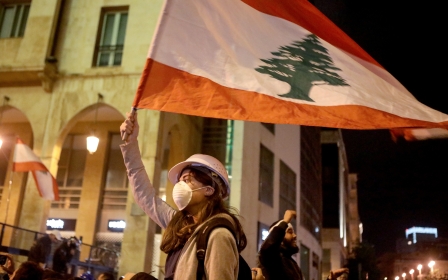Lebanon airline scraps plan to accept only US dollars amid backlash
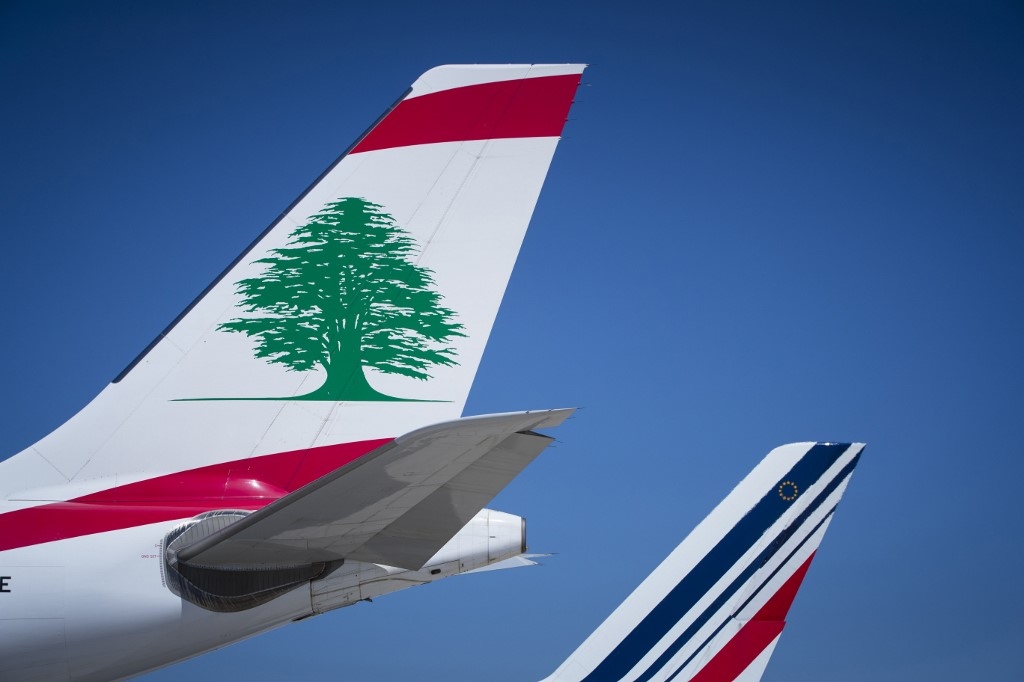
Lebanon's state-owned carrier Middle East Airlines (MEA) revoked a decision to accept payment only in US dollars after a backlash on Sunday, Lebanese media said.
The country is in the throes of an economic meltdown and a biting liquidity crunch that has seen the local currency depreciate and banks impose stringent controls on withdrawals and transfers abroad, AFP said.
News of the decision, which was first reported late Saturday, drew dozens of people to MEA's ticket office at Beirut airport where they tried to buy tickets in Lebanese pounds before the decision was due to take effect on Monday, Reuters reported.
Former foreign minister Gebran Bassil declared the decision illegal. Writing on Twitter, parliamentarian Fouad Makhzoumi said the move put the Lebanese under effective "house arrest" and must be cancelled. President Michel Aoun said airfares should be priced in Lebanese pounds in line with the law.
The decision also triggered an angry backlash online.
"MEA: A national airline that does not accept payment in its own national currency. Logic redefined," one Twitter user wrote.
Another posted in response to the news: "Middle East (MEA) belongs to the Lebanese state, it's a flagrant violation of the law. We're not heading for collapse, we're in the middle of it."
Hours later the MEA, which is majority-owned by the Lebanese state and administrated by the country's central bank, backtracked on the controversial decision.
"At the request of Prime Minister Hassan Diab, the management of MEA has decided to cancel its decision to sell tickets only in dollars," said a statement published by local media.
The Lebanese pound has been officially pegged at 1,507 pounds to the US dollar since 1997, and the two currencies are used interchangeably in the small Middle Eastern country.
Informal currency controls imposed since late last year have caused public outrage in the protest-hit country, where an anti-government movement launched on 17 October has grown increasingly angry at banking policies, decades of corruption and bad governance.
All this has left Lebanon grappling with its worst economic and political crisis in decades, following months of protests that forced the previous government to resign. The pound is losing value on the black market as shortages of foreign exchange paralyse businesses and threaten to tip Lebanon into default, according to Bloomberg News.
Major banks in Lebanon began tightening controls this month, halving the amount of dollars depositors are allowed to withdraw every month.
The central bank chief said in January that he agreed with money exchange houses capping the parallel rate at 2,000, but the price of dollars at some exchanges continues to rise.
Middle East Eye propose une couverture et une analyse indépendantes et incomparables du Moyen-Orient, de l’Afrique du Nord et d’autres régions du monde. Pour en savoir plus sur la reprise de ce contenu et les frais qui s’appliquent, veuillez remplir ce formulaire [en anglais]. Pour en savoir plus sur MEE, cliquez ici [en anglais].


